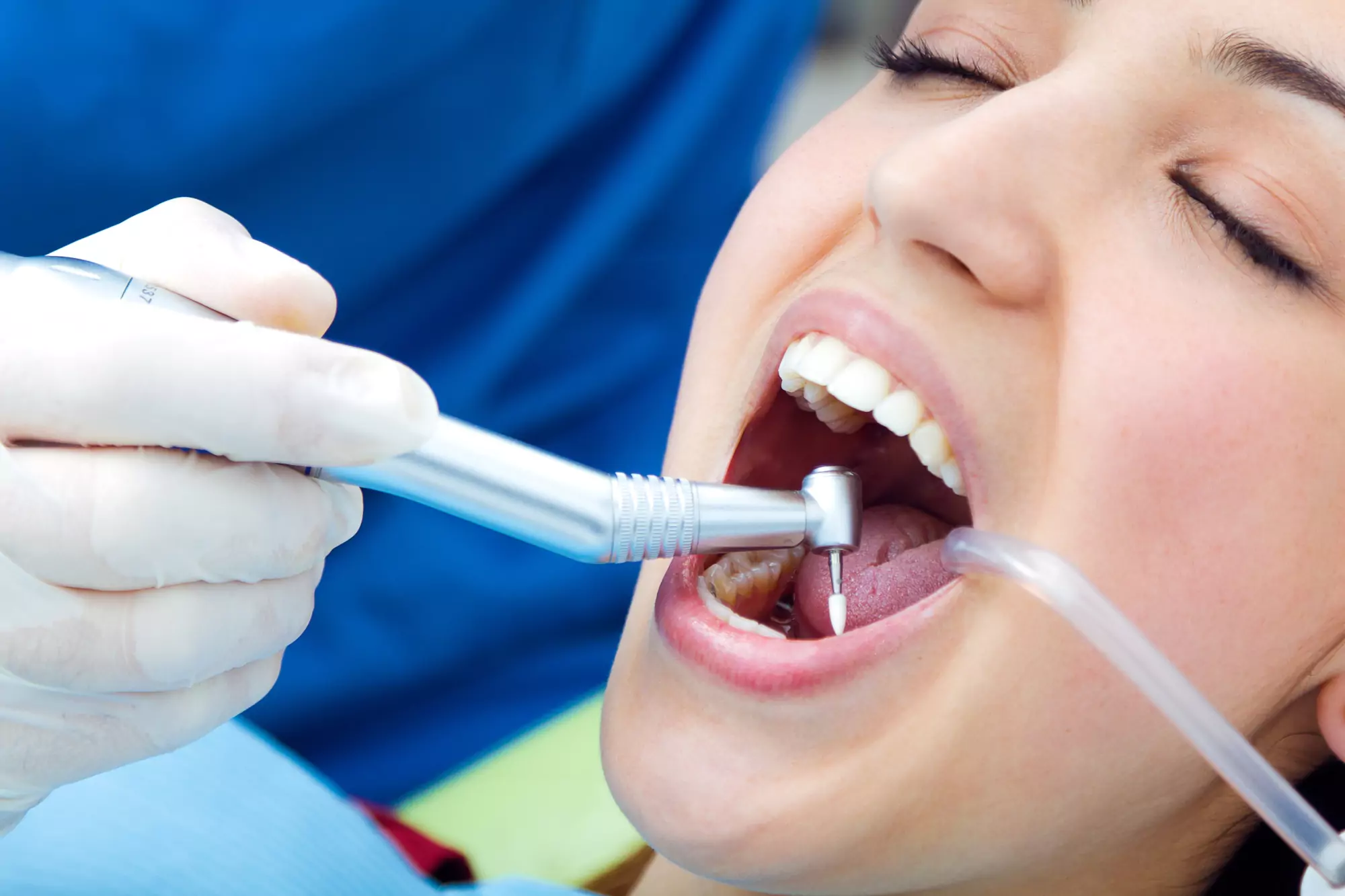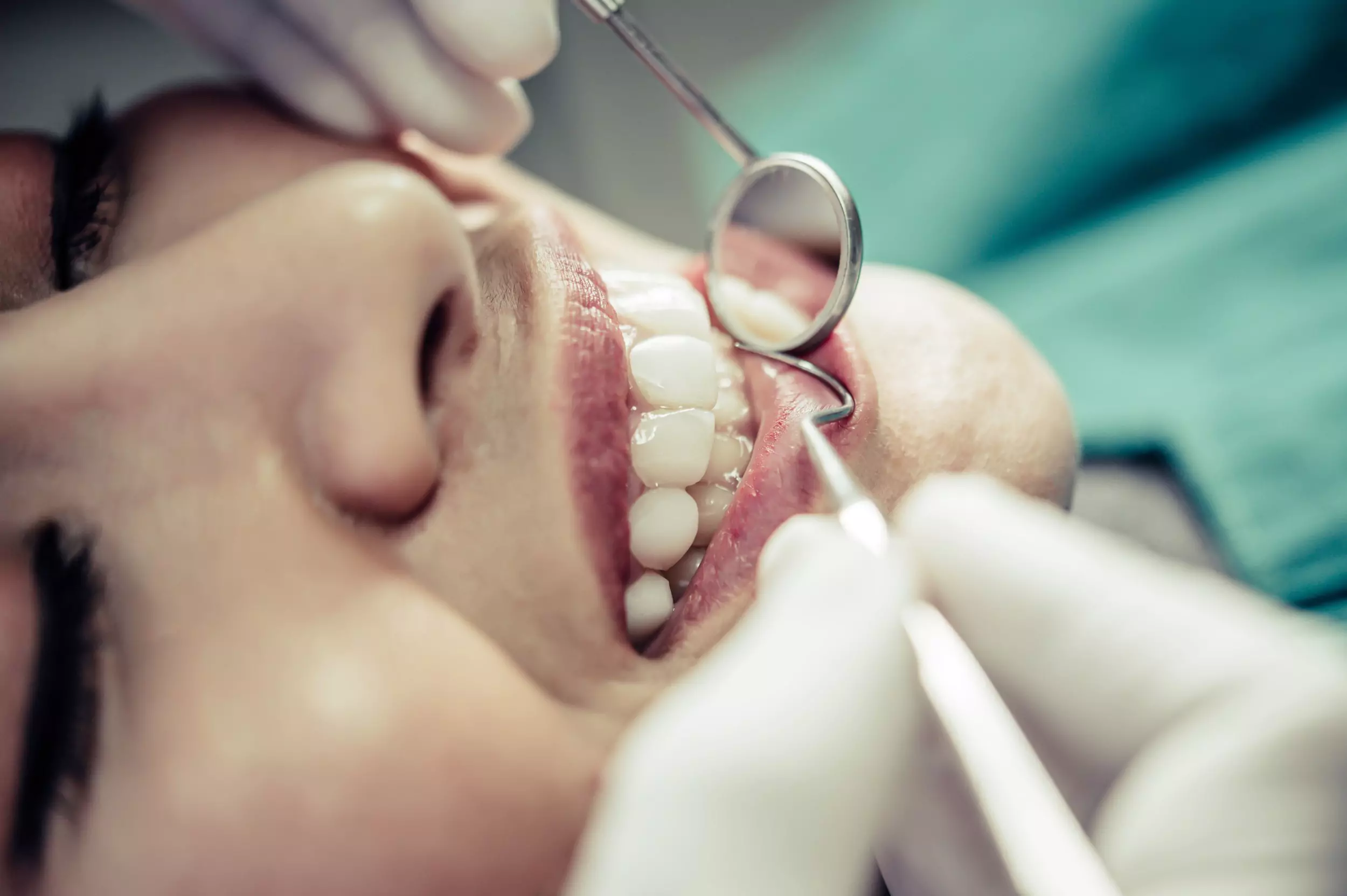
Scaling and polishing is an essential dental procedure that helps maintain a healthy smile and teeth. Here are some key points about scaling and polishing:
Overall, scaling and polishing are crucial for maintaining oral health, preventing gum disease, and achieving a clean and attractive smile. Regular dental visits and proper oral hygiene practices at home are essential for optimal dental care.
Unleash the power of your smile and embark on a life-changing journey today! Embrace a transformational experience that will redefine your confidence and elevate your smile to new heights. Take the first step towards a radiant future and unlock the extraordinary potential within you. Let your smile become the symbol of your transformation and embrace the incredible possibilities that Await.

Dental veneers are not considered permanent solutions and usually have an average lifespan of 10-15 years when proper care and oral hygiene are maintained. However, it’s important to note that Scaling and polishing and teeth whitening are two distinct dental procedures with different purposes and outcomes:
Scaling and Polishing:
Teeth Whitening:
In summary, scaling and polishing primarily focus on dental plaque and tartar removal, promoting oral health, and providing a cleaner mouth. While they may offer minor brightening effects, their main purpose is not teeth whitening. On the other hand, teeth whitening procedures are specifically designed to bleach the teeth and achieve a whiter tooth colour for cosmetic purposes. They do not address oral hygiene directly.
After scaling and polishing your teeth, it’s important to maintain good oral health to prolong the benefits of the procedure. Here are some tips for maintaining oral health:
Your dentist can help you choose the right mouthguard for your needs. Remember, maintaining good oral hygiene practices and regular dental visits are crucial for long-term oral health and preventing dental problems. Follow your dentist’s advice and address any concerns or questions you may have during your appointments.
The general recommendation is to see a dentist for a regular check-up and cleaning at least once every six months. However, the frequency of dental visits can vary depending on your individual oral health needs and the recommendations of your dentist. Some individuals with specific oral health conditions or a higher risk of dental problems may need more frequent visits, such as every three to four months.
It’s important to note that regular dental visits are not only for cleaning and check-ups but also for early detection and prevention of dental issues. During these visits, your dentist will examine your teeth, gums, and overall oral health, and may perform X-rays or other diagnostic tests if needed. They can identify any potential problems early on, such as tooth decay, gum disease, or oral cancer, and provide appropriate treatment or preventive measures.
Additionally, dental visits offer an opportunity to discuss oral hygiene practices, receive guidance on proper brushing and flossing techniques, and address any concerns or questions you may have about your oral health.
Remember, maintaining regular dental visits is an essential part of maintaining good oral health and preventing dental problems. It’s best to follow the recommendation of your dentist regarding the frequency of your visits based on your individual needs.
No, the scaling and polishing process does not damage your teeth when performed by a skilled dental professional. It is a safe and routine procedure that is designed to remove dental plaque and tartar buildup, promoting better oral health.
During scaling, special dental instruments are used to carefully remove the accumulated plaque and tartar from the surfaces of your teeth, including below the gumline. This process helps to prevent tooth decay, gum disease, and other oral health issues.
Polishing is then performed to smoothen the tooth surfaces and remove any surface stains, giving your teeth a cleaner and brighter appearance. This is typically done using a gentle polishing paste and a rotating dental tool.
While it is normal to experience mild bleeding or increased tooth sensitivity after scaling and polishing, especially if you had significant plaque and tartar buildup, these symptoms are temporary and usually subside within a week. If you have any concerns or experience prolonged discomfort, it is advisable to contact your dentist for further evaluation.
It’s important to note that scaling and polishing are standard dental procedures performed to improve oral health and maintain a healthy smile. Regular professional cleanings are crucial for preventing dental problems and should be part of your oral hygiene routine along with daily brushing and flossing.
Stay up-to-date with our latest updates!
We will never send any spam emails.
